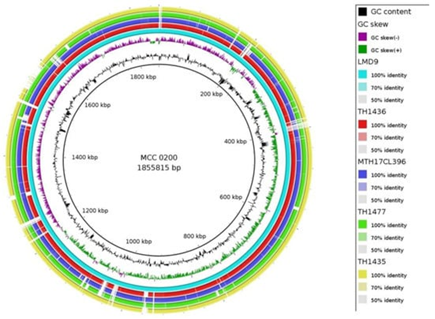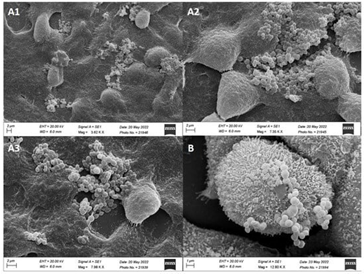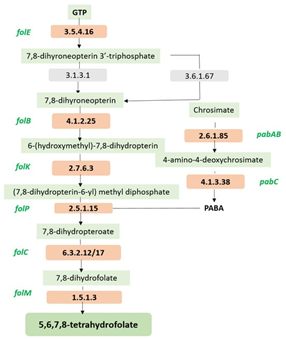Scientists have uncovered a new strain of lactic acid bacterium that could be a promising candidate for broader probiotic utilization beyond the dairy industry.
The researchers from Agharkar Research Institute (ARI) Pune, an autonomous institute of the Department of Science and Technology were keen to uncover the hidden potential of S. thermophilus often acclaimed for its role as a starter culture in various dairy products, through a collaborative genome analysis.
A probe into the genetic makeup of strain MCC0200 revealed an arsenal of genes associated with gastrointestinal survival, intestinal adhesion, and health-promoting functionalities, painting a vivid picture of its probiotic prowess.
One of the key challenges for any probiotic is surviving the treacherous journey through the human digestive system. In vitro studies revealed that MCC0200 not only withstands the harsh conditions of the gastrointestinal tract but also exhibits remarkable resilience against gastric juices and bile acids, which are the known crucial factors in determining probiotic efficacy.
Delving deeper into its genome, the study published in the journal Microorganisims uncovered a repertoire of genes that can help acid tolerance and bile resistance, shedding light on the molecular mechanisms underpinning its survival strategy.
They found that MCC0200 which thrives in the gut, possesses a strong affinity for intestinal surfaces, allowing it to interact with host cells. This ability to adhere to mucosal surfaces is a crucial factor in promoting gut health and immune function. They also unravelled MCC0200's ability to auto aggregate and co-aggregate with pathogenic bacteria, a trait essential for competitive exclusion and gut colonization.
Studies revealed MCC0200's antioxidative prowess, a quality that holds significant implications for gut health. With its ability to scavenge reactive oxygen species, MCC0200 emerged as a guardian of gut redox balance, offering protection against oxidative stress-induced damage.
MCC0200 has also been revealed to be a nutrient powerhouse. Genome analysis uncovered the bacterium's biosynthetic capabilities, including the production of essential vitamins like folate (vitamin B9).
Folate plays a crucial role in various cellular functions, and MCC0200's ability to synthesize this vital nutrient could have far-reaching implications for human health. This revelation underscores its potential as a nutritive supplement, offering valuable vitamins to individuals deficient in these vital nutrients.
In the battle against cholesterol, MCC0200 emerges as a formidable ally. Studies demonstrated that this probiotic strain possesses the ability to assimilate cholesterol, potentially lowering serum cholesterol levels and reducing the risk of cardiovascular disease. While the exact mechanism is still under investigation, MCC0200's cholesterol-lowering properties hold promise as a functional food ingredient with cardiovascular benefits.
As research into the health benefits of probiotics continues to evolve, Streptococcus thermophilus stands out as a beacon of hope for gut health with diverse health-promoting attributes. Its unique combination of probiotic properties, coupled with its safety profile, makes it a promising candidate for food and pharmaceutical applications. With further exploration and innovation, MCC0200 could pave the way for a healthier future for all.
The following authors contributed to this work: Neelam Kapse, Vaidehi Pisu, Tanisha Dhakephalkar, Prajakta Margale, Deepa Shetty, Shilpa Wagh, Sumit Dagar, and Prashant K. Dhakephalkar. This research was funded by Hi Tech BioSciences India Ltd., Pune.
Publication link: https://doi.org/10.3390/microorganisms12020347
For more details, please email:
Dr. Prashant K. Dhakephalkar (pkdhakephalkar[at]aripune[dot]org)
Dr. Neelam Kapse (neelamkapse[at]aripune[dot]org)

Circular genome comparison of MCC0200 with other S. thermophilus strains

Adhesion of MCC0200 on HT-29 cells

Folate biosynthesis pathway in MCC0200 mapped using KEGG database.






























